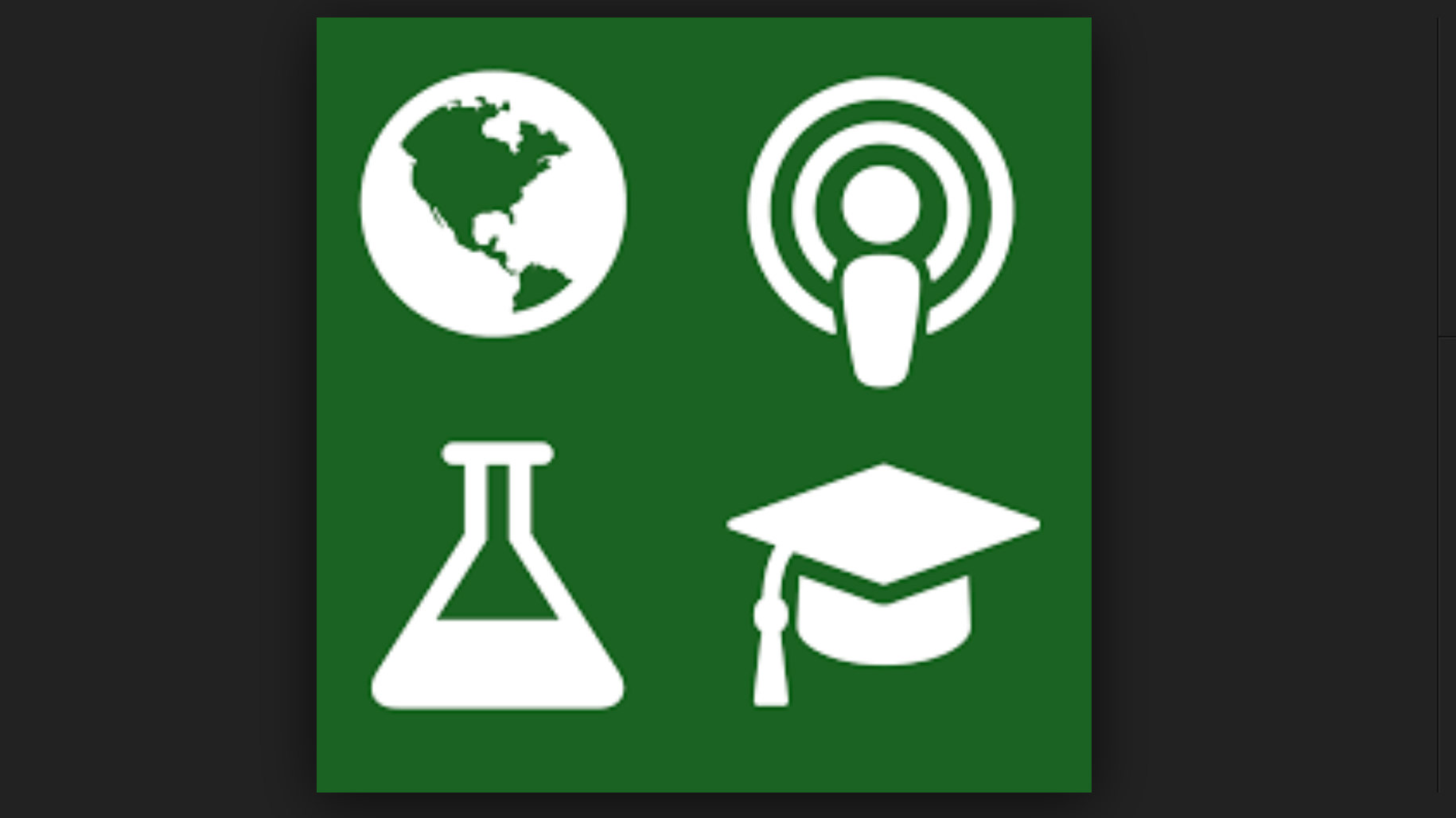NEWS
July 8, 2019

IN BRIEF
A mammoth crowd of Liberians from all walks of life gathered in the country’s capital, Monrovia, for a peaceful protest tagged “June 7 or Save The State.” By: Janet M. Kamara The well-attended demonstration was hosted by the opposition, who rallied the populace around the cause of positive change in the economy as well as the machinery of governance. The main point of the march was to seek redress on human rights issues and to address the state of the declining national economy. President George Weah’s popular government was accused of both failing to tackle corruption and shielding high-level officials [...]
SHARE
A mammoth crowd of Liberians from all walks of life gathered in the country’s capital, Monrovia, for a peaceful protest tagged “June 7 or Save The State.”
By: Janet M. Kamara
The well-attended demonstration was hosted by the opposition, who rallied the populace around the cause of positive change in the economy as well as the machinery of governance. The main point of the march was to seek redress on human rights issues and to address the state of the declining national economy.
President George Weah’s popular government was accused of both failing to tackle corruption and shielding high-level officials from questioning and dismissal. Recently on the corruption front, 15.5 billion freshly-minted Liberian dollars had disappeared upon arrival at the ports. Furthermore, 25 million dollars laid aside for injection into the national economy was reported to have been mismanaged, thus leaving the economy as sickly and weak as ever. At the same time, inflation is heading for triple digits, which, in turn, is pushing commodity prices sky-high. In addition, the impact of foreign aid has become so feeble that many people are suspecting government officials of diverting these funds for the nation to personal pockets. Although an investigation body with foreign input claimed no money was missing, the public remains unconvinced by the results of such investigations. With the national economy as such, the Liberian dollar is declining in comparison to the US dollar.
Besides these economic issues, Liberians have also expressed deep dissatisfaction over human rights abuses of the past, particularly the crimes and injustices that took place during the nation’s extended period of civil war. Many citizens believe that the national government should establish special courts to hear cases of abuse and then serve justice according to best international practices on reconciliation and justice. The Liberian Truth and Reconciliation Commission (TRC) officially recommended the formation of these courts in 2010. The Commission asserted that for the country to truly heal, Liberia needed to create an environment that allows people who committed human rights or economic violations to be held responsible and amend for their crimes. Ignoring such recommendations, it seems President Weah’s government is not keen on pursuing, prosecuting, finding justice, and national healing through the trials of suspected war criminals.
The opposition has also brought to the attention of the people what it deems a lack of effort in regard to creating transparency in the formal justice system on part of the current and past governments.
The opposition promised to make the protest march non-violent, since they know that Liberian politics is vulnerable and that the temperament of a nation just emerging from the throes of protracted wars is still combustible. Therefore, the opposition expressed the importance of peace at the protest to prevent any potential breakdown of law and order.
The peace in this protest was achieved at a cost. At the same time of the protest, non-government institutions, major commercial centers, and the internet were entirely shut down. Social Media outlets such as Facebook, Twitter, Instagram, and Snapchat were also inaccessible throughout the protest. This intentional internet outage served to aid the government in preventing viral criticisms of government, spontaneous mobilization of the public, and the potential for dangerous intrusions of terror groups. The closure of businesses and the internet shut-downs robbed the already weak local economy of huge amount of much-needed cash. The opposition regarded such measures as panicky over-reactions, since the protest was publicly announced to be peaceful.
While the opposition planned to deliver prepared petitions for the public, the opposition did not deliver such as planned because it insisted on delivering the petitions to the President and/or his Deputy, as elected officers of the state. As state functionaries mandated to receive the petitions on behalf of the state, both the President and his Deputy refused to receive the petitions anyways, much to the chagrin of international observers.
Whether the president will address the demands with dispatches, as advocated by the opposition, is anyone’s guess. In response to government inaction to this point, the opposition has promised to hit the streets once again if their demands continue to be ignored.
Janet M. Kamara is the Communications Manager for iCampus in Monrovia.

